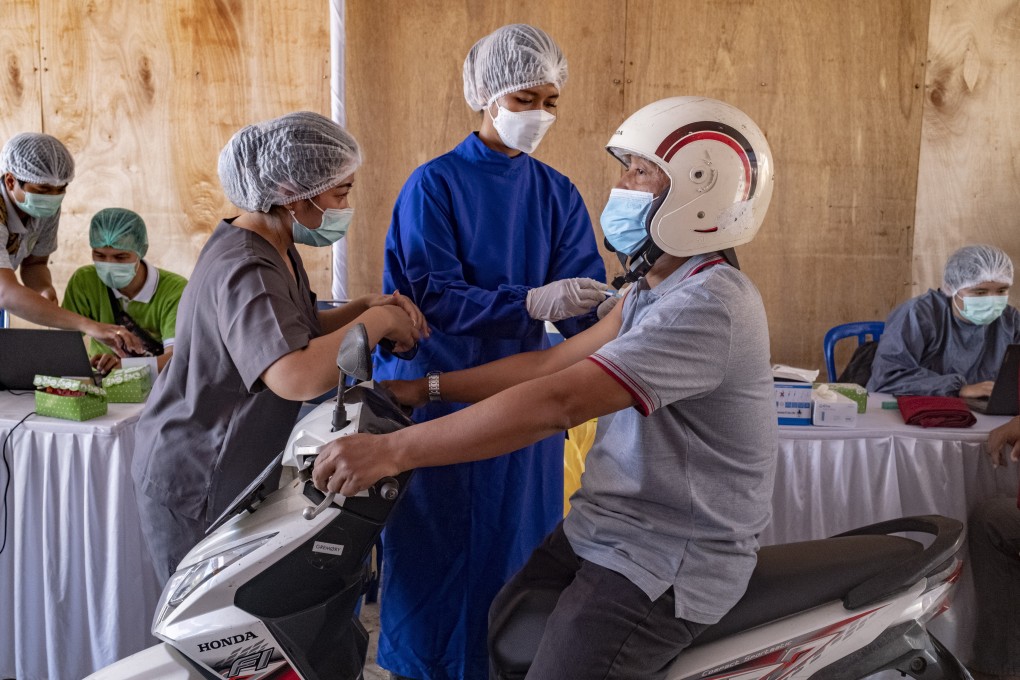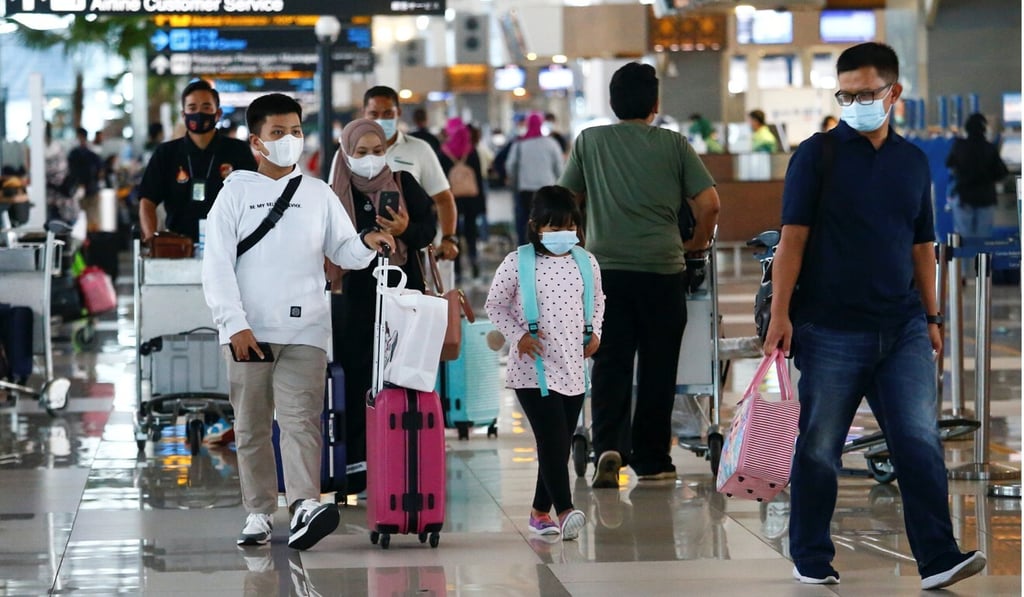Advertisement
Indonesia risks India-style Covid-19 surge as millions skirt Eid ul-Fitr travel ban
- Like Malaysia, Southeast Asia’s most populous country has brought in a travel ban aimed at stemming the traditional ‘mudik’ exodus of city workers in the run up to Hari Raya
- Experts warn that with new variants on the loose, a slow pace of vaccination, and widespread flouting of the rules expected, the scene is set for a spike in infections
Reading Time:4 minutes
Why you can trust SCMP

Travel bans in Indonesia and Malaysia aimed at stemming the traditional exodus ahead of the Eid ul-Fitr religious festival may do little to prevent a rise in Covid-19 infections, health experts have said, with one warning an India-style flare-up is possible.
The emergence of new Covid-19 variants, the slow pace of vaccinations and people’s dwindling obedience towards coronavirus health protocols mean the two Muslim-majority countries – Southeast Asia’s most populous countries – could instead face a surge of cases in the weeks following the festival.
Eid ul-Fitr, known regionally as Hari Raya, falls on May 13 and 14 this year.
Advertisement
Millions of Muslims in Indonesia traditionally celebrate the end of the holy month of Ramadan by travelling to their hometowns, in a mass exodus known colloquially as mudik, but authorities have attempted to clamp down on the practice this year by imposing a domestic travel ban spanning the 12 days during and after Eid.
Malaysia, meanwhile, has implemented an interstate travel ban that will last until a month after Eid. It is also enforcing a partial lockdown in Kuala Lumpur that will last until May 20, during which only essential businesses will be allowed to operate and restaurants will be limited to serving take away only. Singapore, which has seen a slight rise in community cases recently, has also tightened its coronavirus measures by reducing the number of people allowed at social gatherings from eight to five.
Advertisement

Advertisement
Select Voice
Select Speed
1.00x